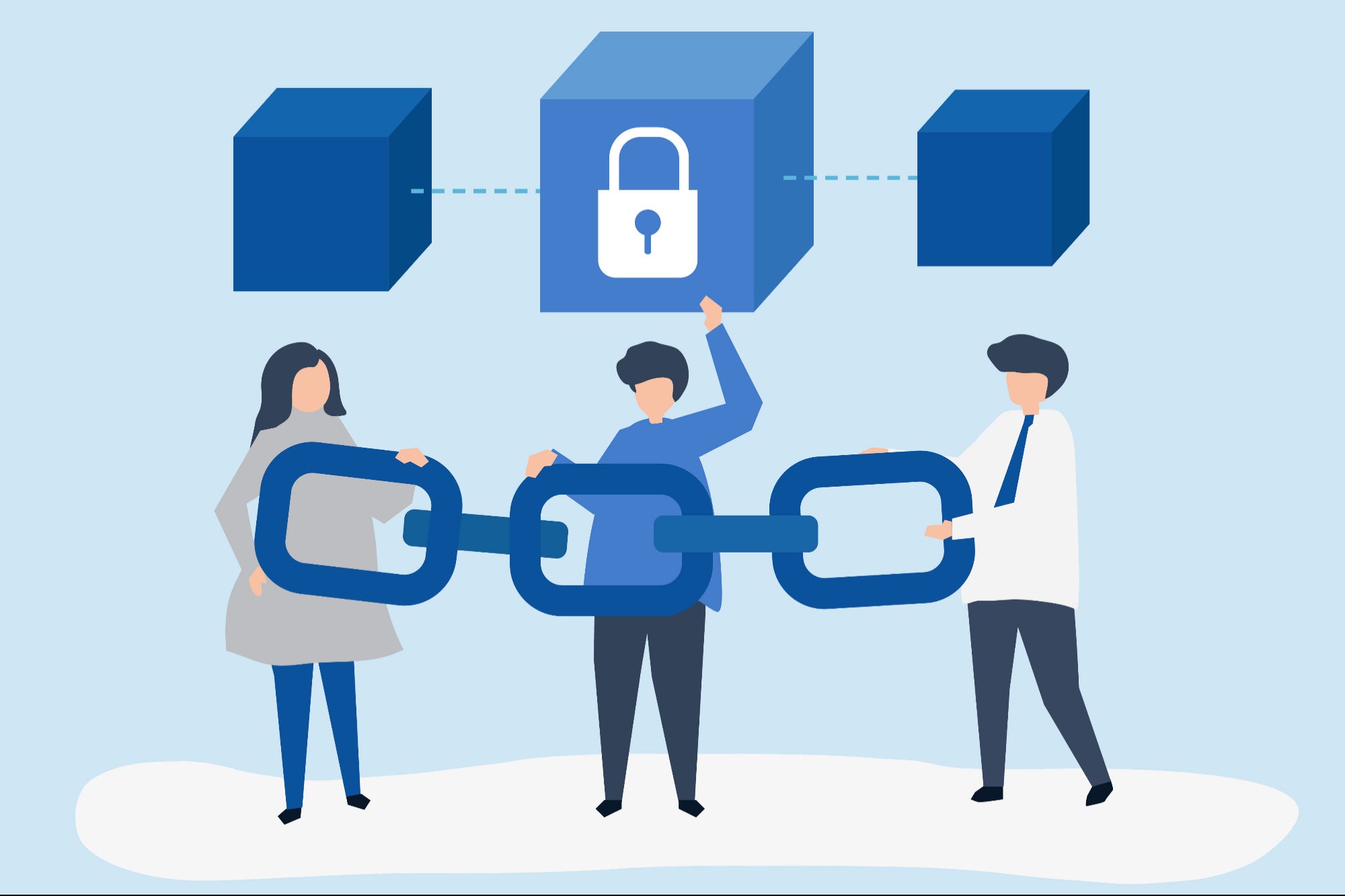The Future of Cybersecurity: Blockchain and AI
Cybersecurity is the practice of protecting systems, networks, and programs from digital attacks. It's a broad field that encompasses a wide range of topics, from vulnerability management to incident response.
Cybersecurity is essential for businesses of all sizes, as well as for individuals. In today's digital age, our personal and financial information is increasingly stored online, making us vulnerable to cyberattacks.
There are many different types of cyberattacks, including:
- Malware: Malware is software that is designed to harm a computer system. It can be spread through email attachments, malicious websites, or USB drives.
- Phishing: Phishing is a type of social engineering attack that uses fraudulent emails or websites to trick victims into revealing personal information, such as passwords or credit card numbers.
- Ransomware: Ransomware is a type of malware that encrypts a victim's files and demands a ransom payment in order to decrypt them.
- DDoS attacks: DDoS attacks are designed to overwhelm a victim's website or network with traffic, making it unavailable to legitimate users.
Cybersecurity is a complex and ever-evolving field. However, there are a number of steps that individuals and businesses can take to protect themselves from cyberattacks:
- Use strong passwords: Passwords should be at least 12 characters long and include a mix of uppercase and lowercase letters, numbers, and symbols.
- Keep your software up to date: Software updates often include security patches that can help to protect your computer from known vulnerabilities.
- Be careful what you click on: Don't open emails or attachments from senders you don't know. And be sure to hover over links before clicking on them to make sure they go to the intended destination.
- Use a firewall: A firewall can help to protect your computer from unauthorized access.
- Use antivirus software: Antivirus software can help to detect and remove malware.
- Be aware of the latest threats: Stay up-to-date on the latest cybersecurity threats so you can take steps to protect yourself.
Cybersecurity is an important issue for everyone. By following these tips, you can help to protect yourself and your data from cyberattacks.
In addition to the above, here are some other things that individuals and businesses can do to improve their cybersecurity posture:
- Implement multi-factor authentication (MFA): MFA adds an extra layer of security by requiring users to enter a code from their phone in addition to their password.
- Educate employees about cybersecurity: Employees should be trained on how to identify and avoid phishing emails, malware, and other threats.
- Have a plan for responding to cyberattacks: If your organization is attacked, it's important to have a plan in place for how to respond. This plan should include steps for containing the attack, recovering from the damage, and preventing future attacks.
Cybersecurity is an ongoing process. It's important to stay up-to-date on the latest threats and to take steps to protect yourself and your data. By following the tips above, you can help to keep your systems and data safe from cyberattacks.
Blockchain technology has the potential to revolutionize cybersecurity. Here are some of the ways that blockchain can be used to improve cybersecurity:
- Immutability: Blockchain data is immutable, meaning that it cannot be changed once it has been added to the blockchain. This makes it very difficult for hackers to tamper with data stored on a blockchain.

- Transparency: Blockchain data is transparent, meaning that everyone on the network can see all of the transactions that have taken place. This makes it difficult for hackers to hide their activities.

- Decentralization: Blockchain networks are decentralized, meaning that there is no central authority that controls the network. This makes it difficult for hackers to target a single point of failure.
 However, blockchain technology is not immune to cyberattacks. Here are some of the security risks associated with blockchain:
However, blockchain technology is not immune to cyberattacks. Here are some of the security risks associated with blockchain:
- Smart contract vulnerabilities: Smart contracts are computer programs that are stored on the blockchain. These contracts can be vulnerable to hacking if they are not properly designed or implemented.
- Key management: Blockchain nodes need to have access to private keys in order to participate in the network. If these keys are lost or compromised, it can lead to unauthorized access to the blockchain.
- 51% attacks: A 51% attack is a type of attack in which a malicious actor gains control of more than 50% of the computing power on a blockchain network. This allows the attacker to censor transactions, reverse transactions, and double-spend coins.
Despite these risks, blockchain technology has the potential to significantly improve cybersecurity. By understanding the security risks associated with blockchain, organizations can take steps to mitigate these risks and protect their data.
Here are some additional security considerations for blockchain protocols:
- Cryptography: Blockchain protocols use cryptography to secure data and transactions. This includes the use of public-key cryptography, which allows users to create pairs of keys (public and private) that can be used to encrypt and decrypt data.
- Consensus mechanisms: Blockchain protocols use consensus mechanisms to ensure that all nodes on the network agree on the state of the blockchain. This helps to prevent fraud and ensure that the blockchain is tamper-proof.
- Access control: Blockchain protocols use access control mechanisms to control who can access data and transactions on the blockchain. This helps to protect data from unauthorized access.
- Auditability: Blockchain protocols are auditable, meaning that all transactions on the blockchain can be traced back to their source. This helps to ensure transparency and accountability.
By taking into account these security considerations, organizations can develop blockchain protocols that are more secure and resistant to cyberattacks.





























